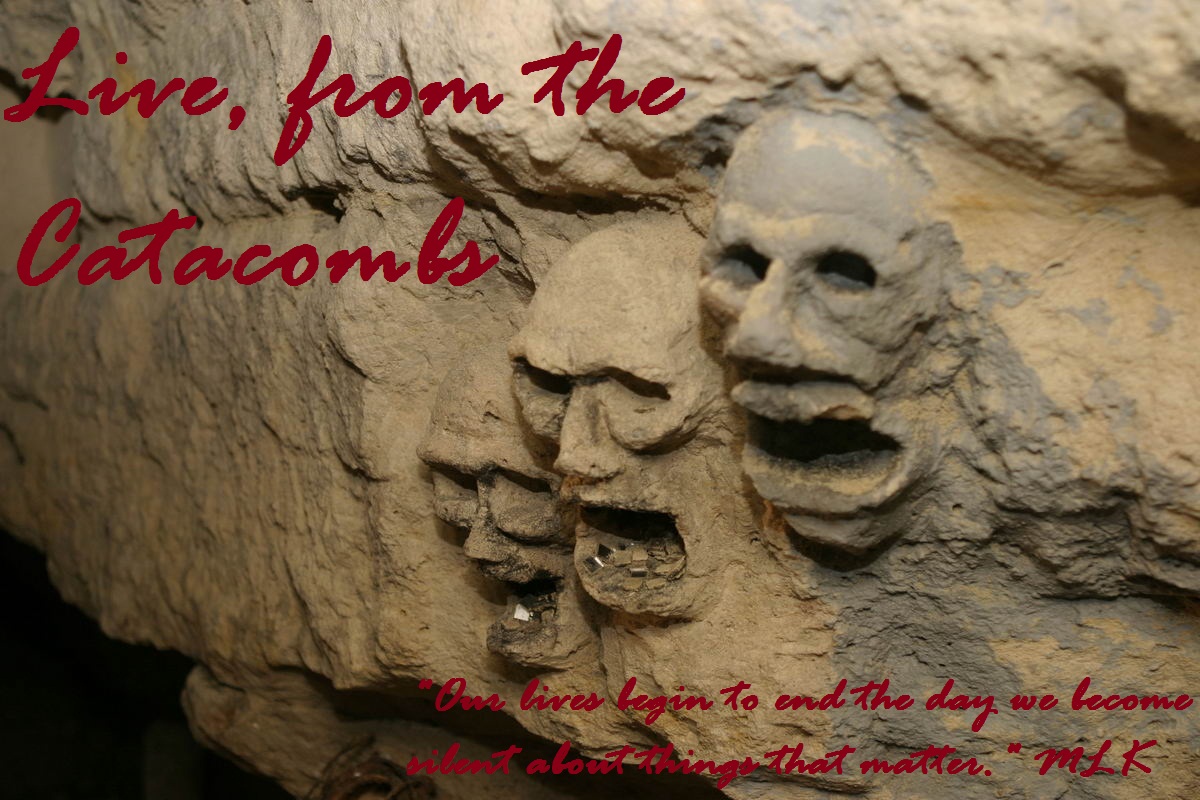“I am an American soldier. I am a
warrior and a member of a team. I serve the people of the United States and
live the Army values. I will always place the mission first. I will never
accept defeat. I will never quit. I will never leave a fallen comrade. I am
disciplined, physically and mentally tough, trained and proficient in all my
warrior tasks and drills. I am an expert and I am a professional. I stand ready
to deploy, engage, and destroy the enemies of the United States of America in
close combat. I am a guardian of freedom and the American way of life. I am an
American soldier.”
When I went through training in
1999, that was a thing. The soldier’s creed. We knew it by heart inside of the
first week. And when I say we knew it “by heart,” I don’t mean we had it
memorized – although we did. I mean we knew it, we understood what it meant,
and our actions backed it up. We lived the Army values. Loyalty. Duty. Respect.
Selfless service. Honor. Integrity. Personal courage.
We stayed up past lights out making
sure that our boots were shined (this was back in the days of black boots). We
helped each other with extra sit-ups and push-ups to boost our platoon PT
scores. We policed our own. “Code Reds” were not as drastic or dangerous as
they were in “A Few Good Men,” but they happened. When your battle buddy got
dropped, you got down next to him and took the same punishment.
Today’s soldiers have been exposed
to what the Army calls “low stress training.” And they’re losing their minds in
war zones because they have been coddled and cajoled through training.
Every day in training drill
sergeants told us about the enemy. “They want you dead,” they told us. “They
want your families dead. They want your friends dead. They will march their
victory parade through your blood before it is dried from the streets.”
Today’s soldiers get lessons that
include the Founding Fathers and participants at the Boston Tea Party as
examples of terrorists and extremists.
And when they come home, the
landscape has changed as well. When I left the Army for the first time in 2004
(I went back in 2005), I went looking for a job in retail. The interviewing
manager found out I was a veteran. He told me that there were two other girls
who had applied for the same position, and neither of them had served. He then
said that if he knew nothing else about us, that would be enough. He stopped
the interview then and offered me the job. Being a veteran used to mean
something. It was like being an Eagle Scout. When employers found out that you
had spent time in the military, they knew something about you. They knew your
work ethic and your willingness to work as part of a team or lead one,
whichever the situation called demanded. They knew your values and your
convictions, and how you would perform under stress.
But today, as evidenced by National
Guard Specialist Kayla Reyes’ experience with an interviewing manager at Macy’s,
being a veteran can be a liability. Why is it that the public views soldiers in
such a different light? Personally, I blame Jane Fonda. Well, not her alone,
but the people like her who bought into the propaganda and misinformation
regarding American soldiers at war – particularly in places like Vietnam. I
blame the 9/11 truthers who blame terrorist actions on Americans protecting
access to resources. I blame the Ron Paul/Henry Wallace isolationists who try
to convince people that power-hungry authorities like Stalin and Putin only
attempt to grab for power because America involves itself in alliances and
treaties. And I blame the American people who know better and fail to say so.
When the manager at Macy’s learned
that SPC Reyes had served in Afghanistan, she should have thanked her rather
than questioning her ability to fit in.
